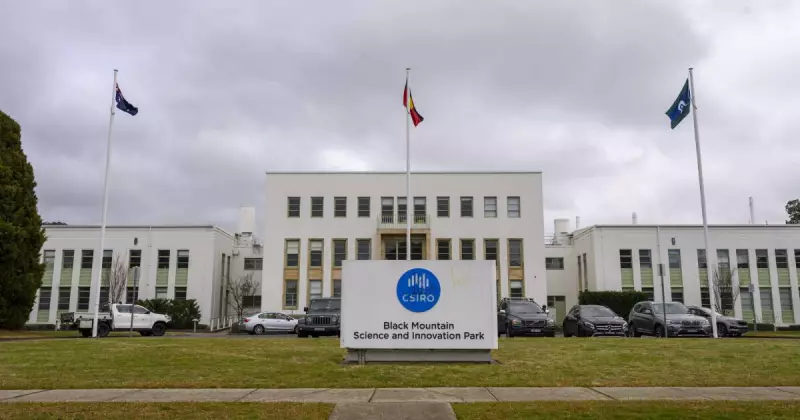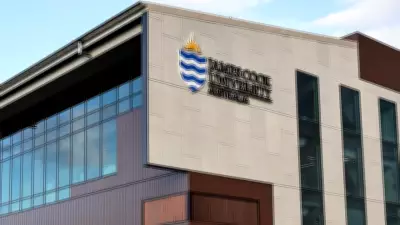
Australia's Scientific Crown Jewel Faces Unprecedented Cuts
Australia's national science agency, the CSIRO, is preparing to cut 350 positions in a devastating blow to the nation's research capabilities. This comes after the organisation already eliminated 800 roles over the past 18 months, marking one of the most significant reductions in its 109-year history.
The latest round of redundancies will impact locations across the country, but will hit particularly hard in Canberra, where the CSIRO has been headquartered since the 1970s. More than 1000 people currently work for the CSIRO in and around the ACT, making the capital city a major hub for the agency's operations.
A Legacy of World-Changing Innovation
Since its establishment as the Advisory Council of Science and Industry in 1916, the CSIRO has consistently delivered groundbreaking achievements that have shaped modern life. The organisation invented and patented the core technology behind Wi-Fi, a innovation that revolutionized global communications.
Other landmark contributions include developing unforgeable plastic banknotes now used worldwide and creating biological controls that helped manage devastating rabbit plagues. The CSIRO's alumni represent a who's who of Australian scientific excellence, including Wi-Fi lead developer Dr John O'Sullivan, veterinary scientist Sir Ian Clunies Ross, and physicist Dr Alan Walsh, who invented Atomic Absorption Spectroscopy.
Funding Crisis Threatens Future Breakthroughs
The core issue driving these cuts isn't mismanagement but rather a systematic underfunding by successive governments. CSIRO's budget as a share of GDP has plummeted from 0.16% in 1982-83 to just 0.03% by 2023-24, despite rising costs for scientific research.
CSIRO chief Doug Hilton described the changes as "difficult but necessary" to safeguard the national science agency. However, critics question this logic, with the CSIRO Staff Association condemning the decision and calling for urgent federal intervention. These cuts now exceed those implemented during the Abbott government era.
Independent Senator David Pocock expressed deep concern about the implications. "If we are serious about meeting the huge challenges ahead from climate change to AI and robotics, the government must invest in the people doing the science," he stated.
Blue-Sky Research at Risk
Particularly worrying is the decision to deprioritise certain research areas, with nutrition specifically mentioned by Minister Tim Ayres. History shows that some of CSIRO's most significant breakthroughs emerged from seemingly unrelated fields. The Wi-Fi technology that changed the world originated from radio astronomy research, demonstrating how blue-sky or "deprioritised" work can yield unexpected dividends.
The scientific community warns that reducing support for fundamental science jeopardises Australia's long-term economic prosperity and problem-solving capacity. By cutting funding to an institution that has repeatedly delivered globally successful solutions, the government risks sacrificing future innovations for marginal budget savings.
As Australia faces complex challenges from climate change to technological transformation, many question the wisdom of weakening the very organisation that has consistently proven its ability to develop game-changing solutions for over a century.





